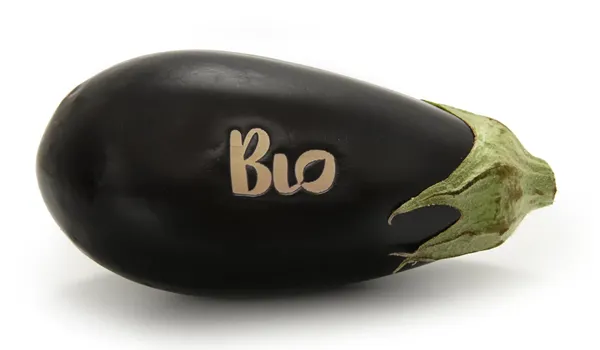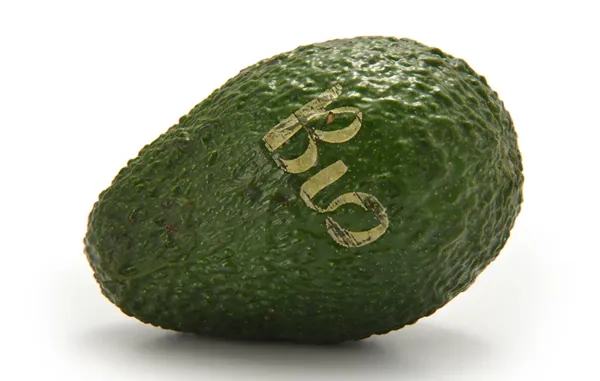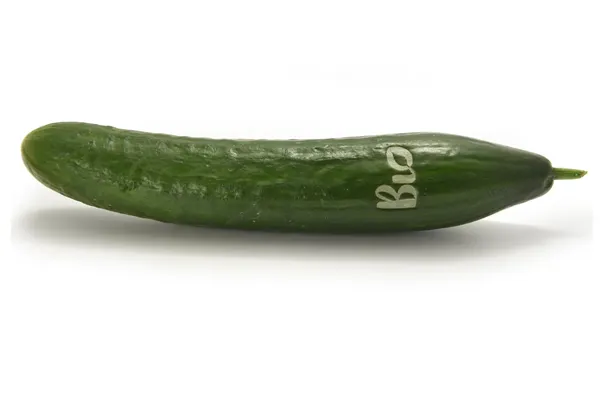The Belgian supermarket chain, Delhaize, is prioritizing the war against plastic. It's launched a structural plan. This ensures most of its organic fruit and vegetable range won't need disposable plastic packaging anymore. Instead, they'll use, for example, natural branding. So, more than ten of their organic products will be branded as such.
Some products can't be laser branded. In these cases, Delhaize will provide sustainable alternatives like cardboard or bulk packaging. Plastic packaging for organic fruit and vegetables will become unnecessary. Delhaize hopes to curb the use of 92 tons of disposable plastic packaging per year.

“Why do all the organic fruit and vegetables have be wrapped in plastic now? Is that really necessary?" Delhaize received this question daily. "There is/was a good reason. Organic produce is almost always packaged in plastic film to distinguish it from loose-sold conventional fruit and vegetables," says a company representative. But why only the organic products? "Delhaize chose to package organic products because it's less bulky than conventional fruit and vegetables. Now we've, fortunately, found a solution."
From now on, some of this retailer's organic fruit and vegetables will be 'branded' with an organic label. These products can then be shelved, unpackaged. The technology is called natural branding. It uses laser light to mark fruit and vegetables. It's a natural, eco-friendly way to place letters on a piece of fruit or vegetable. Or an image on a product's peel. A high-resolution laser removes the pigment from the peel's outer layer. This is a very superficial process. It doesn't affect the product's flavor, aroma, or shelf life at all. You can also eat the laser-tagged part.

In 2017, Delhaize was the first retailer in Belgium to use this technique. "We're proud to now apply this new technology to even more products. Innovation and sustainability go hand in hand. We want to do everything as sustainably as possible. That applies to product packaging too. The most sustainable form of packaging is no packaging. And we've succeeded. So no more extra packaging. This method alone eliminates 11 tons of plastic a year."
These are the products that Delhaize will be label as organic using this laser technology.
- Bio avocado
- Bio aubergine
- Bio cucumber
- Bio pumpkin
- Bio butternut squash
- Bio spaghetti squash
- Bio grey pumpkin
- Bio melonettes (pumpkin)
- Bio turban squash
- Bio mini watermelon
- Bio charantais melon
- Bio mango
Various sustainable alternatives
The most environmentally-friendly packaging is, of course, no packaging. "The laser logo is the ideal solution for this. But the products' quality, flavor, and shelf life must also be guaranteed. That's why this technology is suitable for all organic products. Delhaize, however, provides other sustainable alternatives for this. Organic tomatoes, for example, are now in cardboard trays," continues the Delhaize spokesperson.
"Organic herbs are sold in paper bags and snack tomatoes in cardboard cups. So, 110 organic fruits and vegetables are already sustainably packaged. That's out of a total of 140 organic products. A sustainable alternative is being found for the remaining 30. This means Delhaize can already save no less than 92 tons of plastic packaging material per year. And that saving is only going to increase."
Lion’s Footprint: less plastic, CO² emissions, and food wastage
"This isn't a 'one-shot' project; it's part of a broader program. In 2019, Delhaize launched an ambitious sustainability plan, 'The Lion's Footprint'. We're 100% committed to the environment. And so, we want to reduce its environmental footprint. This plan consists of three main major parts. We want to not only achieve plastic neutrality and reduce (food) waste. We also want to be carbon neutral. All by the end of 2021," concludes the Delhaize representative.
